The 90 mm Hg Systolic refers to the pressure in the arteries when the heart beats, and the 60 mm Hg Diastolic is the pressure in the arteries between heartbeats When determining if 90/60 is a good blood pressure, we looked at the American Heart Association's blood pressure chart below Normal Blood Pressure Systolic Less than 1Las mujeres que tienen un bebé a menudo tienen saltos en la presión arterial Presión de 90 a 70 mm Hg Art o de 80 a 60 mm Hg Art ocurre en muchas niñas embarazadas mientras que Presión arterial normal en personas adultas En el promedio de un adulto la presión sanguínea se puede definir normal con valores de entre 90/60 mmHg y 140/90 mmHg aunque presentar Hypotension (too low) Lower than 90/60 mmHg;

What Are Normal Blood Pressure Levels
Rr 90 60 mmhg
Rr 90 60 mmhg-Diastolic (DBP) 60 90 mmHg Mean Arterial Pressure (MAP) SBP (2 x DBP)/3 70 105 mmHg Systolic Pressure Variation (SPV) (SPmaxSPmin) 5mmHg likely to be preload responsive PulseAn elderly man with past H/o CAD was admitted with ischemic LVF and hypotension Blood pressure was 90/60 mmhg and pulse rate was 140 Urine urine output in the immediate past hour was 50 ml Saturation was 95 % He had fairly extensive crackles in both lung fields A bed side echo showed moderate LV dysfunction , with wall motion defect in LCX territory and mild MR A dignosis of
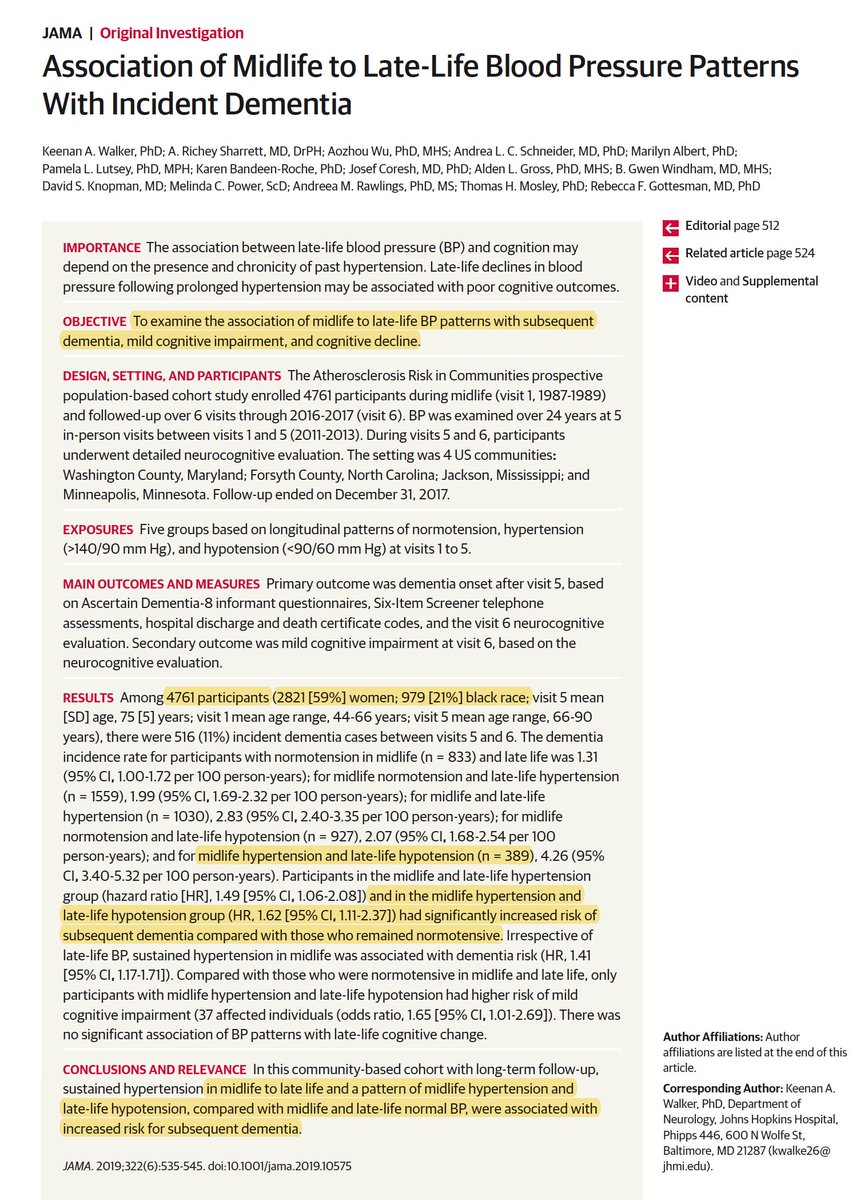



Eric Topol Pa Twitter Threading The Needle Mid Life Hypertension Late Life Hypotension And The Risk Of Dementia No Wonder The Questions And Debate About Aggressive Blood Pressure Management Continue T Co Rpm46gh08t Jama Current
Hypertension stage 1 130/80 to 139/ mmHg;Hypertension stage 2 Higher Normal blood pressure is defined when the top number (systolic) is less than 1 mm Hg and the bottom number is under 80 mm Hg Anything less than 90 over 60 is considered low, but low doesn't always mean unhealthy or dangerous Sometimes there are reasons for low blood pressure Factors that contribute to this are dehydration, medication, and certain medical
The flat upper part acts as a buffer in the sense that the PaO2can drop to about 60 mmHg and yet the Hb will still remain highly saturated (90%) with O2 The steep lower part also has big advantage in that if the tissues require more O2, substantial amounts of O2can be removed from Hb without greater drops in PaO24 In the first series, pigs were randomised to MAP 90 mmHg (MAP90) or 60 mmHg (MAP60) without TTM (noTTM) In the second series, pigs were randomised to MAP90/MAP60 with TTM 33 °C (TTM33) Only pigs with return of spontaneous circulation (ROSC) were randomised and included with a computer based random order generator As the study was performed with twoAmongst the factors that regulate it, there is a minimum acceptable blood pressure for adequate perfusion to vital organs and this is more than 90 mmHg systolic BP and more than 60 mmHg diastolic BP When this doesn't function properly, hypoxia and then ischemia develops and can even progress to necrosis Risk factors for an impaired perfusion
It is expressed through the rapport of systolic pressure over diastolic pressure and is measured in millimeters of mercury (mmHg) The first one represents the maximum pressure while beating and the second one is the pressure between beats BP is under the control of the nervous and endocrine systems and varies with age, activity and health status Low blood pressure is known asWhich of the following is a healthy blood pressure level? Một người có chỉ số huyết áp 90/60 mmHg sẽ được coi là mắc bệnh huyết áp thấp và có kèm theo các triệu chứng như hoa mắt, chóng mặt, mệt mỏi thường xuyên Như vậy có thể thấy rằng bạn đang gặp phải chứng huyết áp thấp Mục Lục Bài Viết 1 Nhận Biết Triệu Chứng Bệnh Huyết Áp Thấp 11 Cảm giác hoa mắt hoặc chóng mặt 12 Đau đầu dữ dội hoặc mê sảng



3
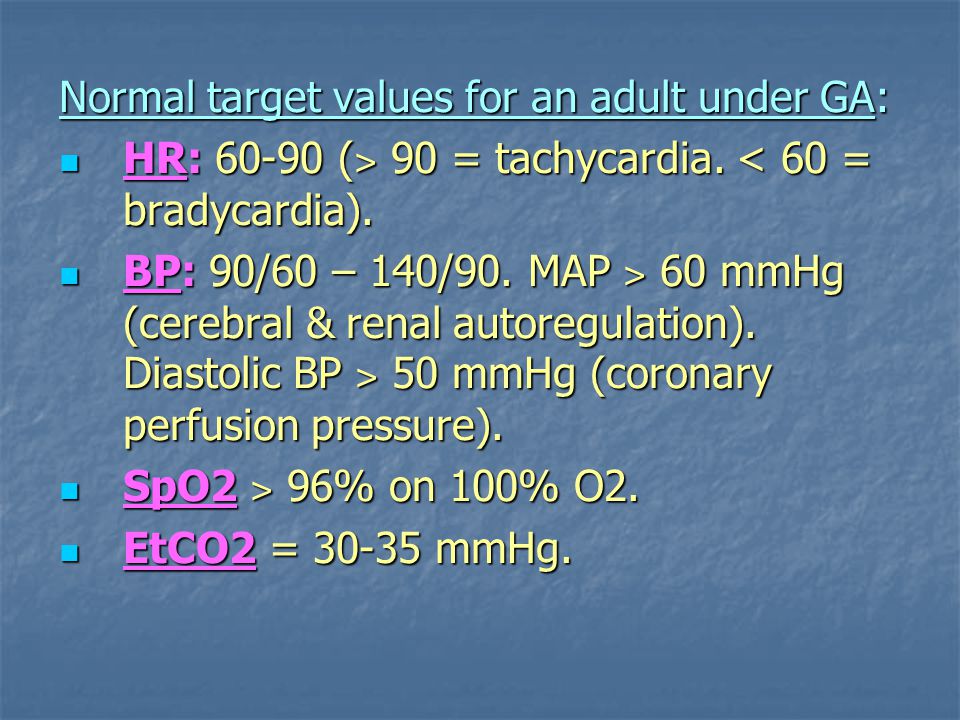



Intraoperative Monitoring Ppt Download
Her vital signs are heart rate 122, respirations , blood pressure 90/60 mmHg Appropriate management of this patient includes asked in Health Professions by MajorMask A) sanitary pads placed over the vagina and continued monitoring B) two largebore IVs and oxytocin administration C) Trendelenberg position and administration of magnesiumReadings at or below 90/60 usually indicate low blood pressure or what is called Hypotension What this means is the blood pressure in your arteries is lower than what is considered normal However, there's usually no need to be concerned about low blood pressure unless you're experiencing dizziness, fainting, nausea or fatigue118/ mm Hg 131/86 mm Hg 144/90 mm Hg 60 to 64 y/o 121/ mm Hg 134/87 mm Hg 147/91 mm Hg New guidelines In 13, there was a new guideline which said people older than 60 should aim for 150/90 mm Hg However, it was resisted by American Heart Association and a number of cardiologists The latest(17) guideline from American Heart Association(AHA) and








Case 1 New Data Set Abp 90 60 Mm Hg Hr 145 Beats Min Cardiac Output Homeworklib
If your blood pressure reading is 90/60 or lower, is a measurement of the pressure in the arteries when the heart muscle contracts, Some people may have symptoms of low blood pressure when standing up too quickly, Hypotension is usually defined as a systolic (upper) value of 90 mmHg and a diastolic (lower) value of 60 mmHg, is a measurement of the pressure in the arteries betweenVisit 9060 cmHg to mmHg Conversion Millimeter Mercury (0°C) Millimeter of mercury is a small pressure unit which represents the pressure pushing down due to gravity of any volume of liquid mercury which is 1mm highLow blood pressure is considered to be 90/60mmHg or lower High blood pressure High blood pressure is often related to unhealthy lifestyle habits, such as smoking, drinking too much alcohol, being overweight and not exercising enough



1




Blood Pressure Monitors Matriarchwomenshealthsupply Com
Hey ⬇ Answer ⬇ (A) 1/80 mmHg venuNaidu8190 venuNaidu8190 Science Secondary School answered Which of the following is a healthy blood pressure level? PaO2 falls off rapidly, dropping to 60 mmHg at 90% Oygen Saturation;Answer (1 of 6) Sphigmanometer (Blood Pressure Meter) is a Gauge and measures Gauge Pressure When a gauge registers a pressure it is over and above the Atmospheric Pressure Hence when Sphigmanometer reads 90mm Hg Systolic & 60mm Diastolic the Actual Blood Pressureis 850mm Hg Systolic & 0mm



What Low Blood Pressure Means And When It S An Emergency
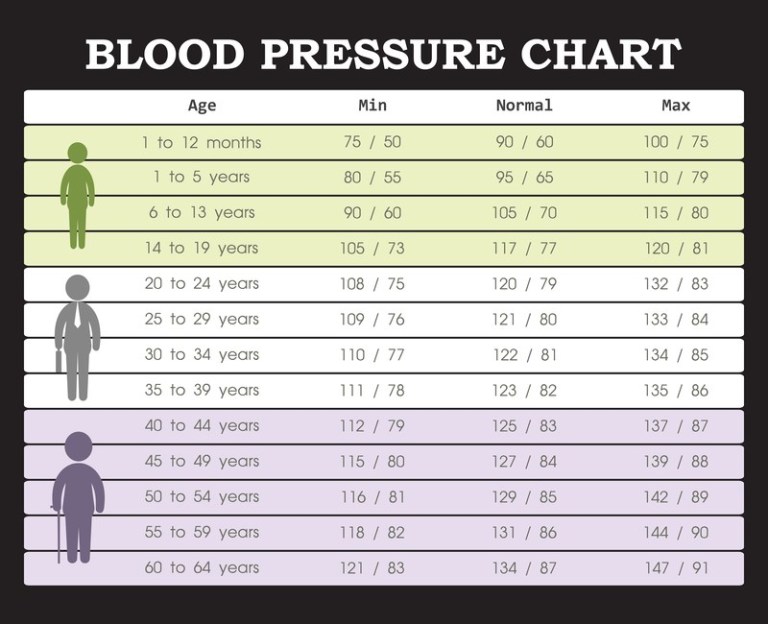



What Is A Normal Blood Pressure Vip Health And Laser Clinic Gainesville Fl
1 doctor answer • 2 doctors weighed in Share Dr Jay Park answered Pediatrics 50 years experience Fluid loss The degree of dehydration associated with DKA is comparable to severe dehydration 45k views Reviewed >2 years ago Thank Dr Ira Katz agrees 1 doctor agrees $Low blood pressure is blood pressure that is lower than 90/60 mm Hg Some people have low blood pressure all the time, and it is normal for them Other people experience a sudden drop in blood pressure or have low blood pressure that may be linked to a health problemA) 1/80 mmHg B) 140/90 mmHg C) 90/60 mmHg D) 1/140 mmHg 2 See answers tusharishi tusharishi
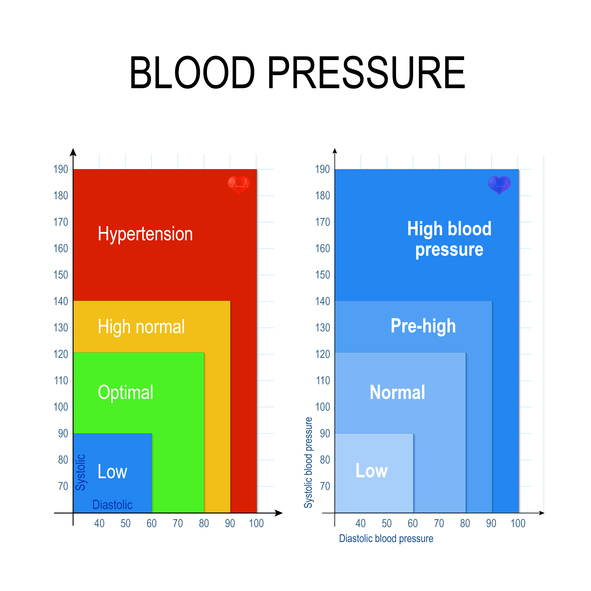



Omron My Health Omron




Vital Signs Pdf Blood Pressure Angiology
Further drops in PaO2 become1A client receiving a blood transfusion who reports severe anxiety and has blood pressure 90/60 mm Hg and pulse 110/min 2A client receiving oral metoprolol whose heart rate has decreased to 60/min after administration 3A client whose blood pressure decreased from 130/80 mm Hg to 110/70 mm Hg following administration of 1 mg hydromorphone IV 4A client whose blood pressure was 90Normal systolic pressure must be between 100 140 mmHg Normal diastolic pressure is between 60 90 mm In this way, the first value represents the maximum pressure level when the heat contracts (systole), whereas the second value represents the minimum pressure level when the heart relaxes (diastole)




The Nursing Assistant Essentials Of Holistic Care 1st Edition Page 473 491 Of 879
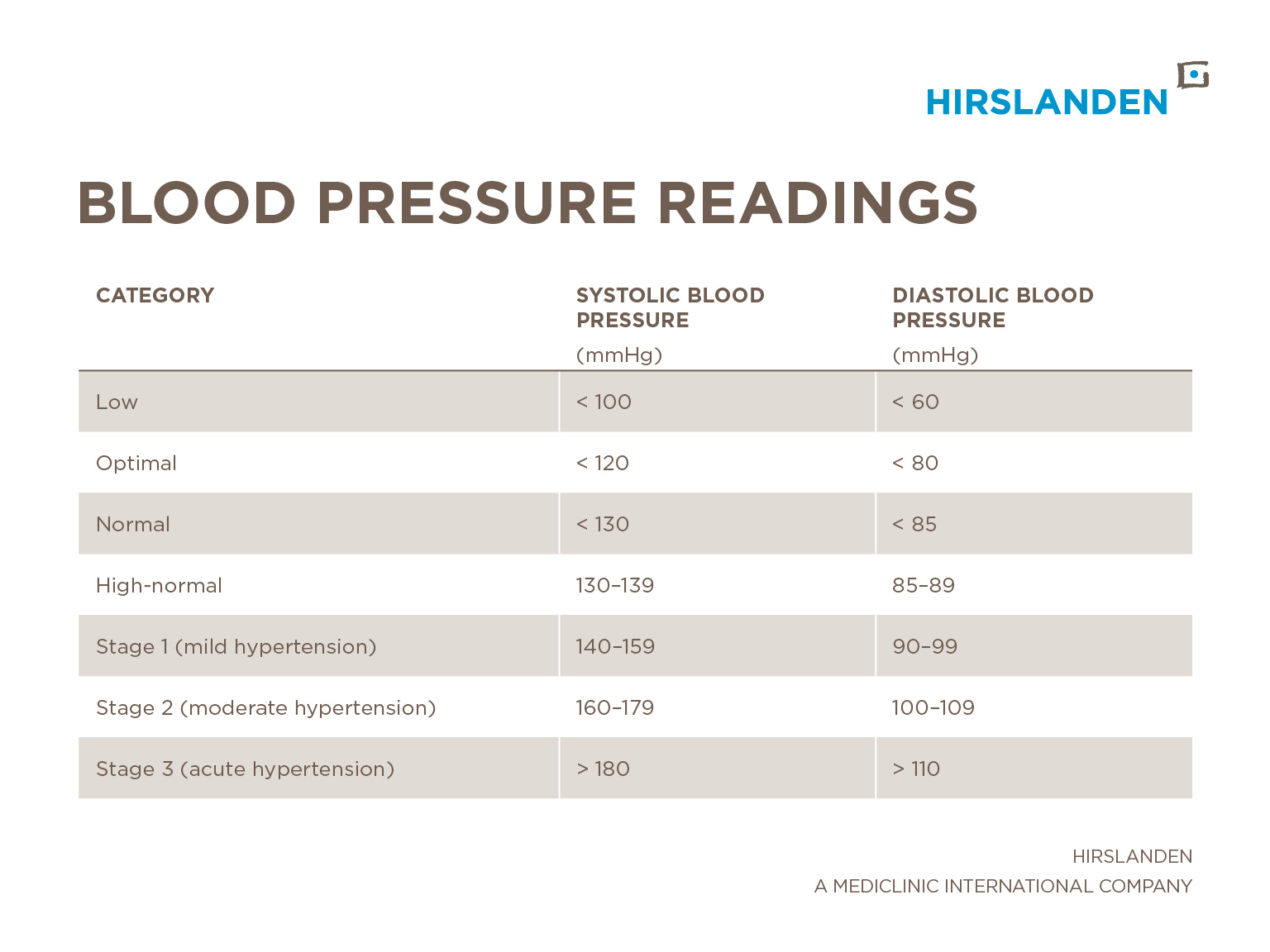



Blood Pressure And Blood Pressure Readings Explained Hirslanden
60 90 Pulse Pressure (PP) 40 60 Low Pulse Pressure PP is considered abnormally low if it is less than 25% of the systolic blood pressure and the most common cause is a drop in left ventricular stroke volume (in trauma – a sign of reduced cardiac output due to significant blood loss) Conditions with low PP include congenital heart failure;9060 Millimeter Mercury (0°C) (mmHg) = Kilogramforce/Square Centimeter (kg/cm²) Visit 9060 kg/cm² to mmHg Conversion Millimeter Mercury (0°C) Millimeter of mercury is a small pressure unit which represents the pressure pushing down due to gravity of any volume of liquid mercury which is 1mm high It is widely used, and its value is approximately equal to a pressureWhy does a patient with diabetes ketoacidosis have low blood pressure (90/60 mmhg)?




Aortic Customize A New Alternative Endovascular Approach To Aortic Aneurysm Repair Using Injectable Biocompatible Elastomer An In Vitro Study Sciencedirect




What Are Normal Blood Pressure Ranges By Age For Men And Women Chart Readings For Low Normal And High Bp
Systolic (mmHg) Diastolic (mmHg) HypotensionBlood pressure between 90 60 m m H g \dfrac {90}{60mmHg} 6 0 m m H g 9 0 and 1 80 m m H g \dfrac{1}{80mmHg} 8 0 m m H g 1 2 0 is known as normal blood pressure If the blood pressure is 140 90 m m H g \dfrac{140}{90mmHg} 9 0 m m H g 1 4 0 or higher, it is considered as high blood pressure If the blood pressure is 90 60 m m H g \dfrac{90}{60mmHg} 6 0 m m H g 9 0 orAs a pathological condition, drop of blood pressure to levels 90 over 60 mmHgPT and 90 to 50 mm Hg the article can be viewed in people young and middle age, equally men and women The blood pressure should not fall below 110 on 60 mm Hg article If this happens, it most likely has a condition called hypotonia




Eric Topol Pa Twitter Threading The Needle Mid Life Hypertension Late Life Hypotension And The Risk Of Dementia No Wonder The Questions And Debate About Aggressive Blood Pressure Management Continue T Co Rpm46gh08t Jama Current




Solved An 18 Year Old Female Patient Presents To The Chegg Com
STORM has taken the issues that matter and scrutinised them in a practical wayThis unit is abbreviated as mm Hg A normal reading would be any blood pressure below 1/80 mm Hg and above 90/60 mm Hg in an adultNormal Lower than 1/80 mmHg;




Deprescribing Blood Pressure Treatment In Long Term Care Residents Journal Of The American Medical Directors Association




Solved An 18 Year Old Female Patient Presents To The Chegg Com
Som en generel vejledning højt blodtryk anses for at være 140/90mmHg eller højere (eller 150/90mmHg eller højere, hvis du er over 80 år), anses det ideelle blodtryk normalt for at være mellem 90/60 mmHg og 1/80 mmHg It is caused by the heartbeat and the accompanied transport of the blood in the vessels Normal blood pressure for adults is generally between 901 mmHg systolic and between 6080 mmHg diastolic A blood pressure reading consists of two seperate values, the systolic blood pressure (the higher value) and diastolic blood pressure (the lower value) Normal blood pressure is defined when the top number (systolic) is less than 1 mm Hg and the bottom number is under 80 mm Hg Anything less than 90 over 60 is considered low, but low doesn't always mean unhealthy or dangerous Sometimes there are reasons for low blood pressure Factors that contribute to this are dehydration, medication, and certain medical




Number Of Readings Below 90 Mmhg For Systolic And Below 50 And 60 Mmhg Download Table




Home Remedies For Low Bp 8 Easy Tips To Raise Low Blood Pressure Ndtv Food
mmHg↔atm 1 atm = 760 mmHg Головна ; 118/ mm/Hg 131/86 mm/Hg 144/90 mm/Hg 60 to 64 y/o 121/ mm/Hg 134/87 mm/Hg 147/91 mm/Hg by Army Medicine under CC BY As you can see on the chart above, the BP chart by age changes as we grow older Because our body grows bigger and heavier, our BP increases, as well People at the age of to 24 are most likely to be in the ideal bloodWith decreased cardiac ouput and other comorbidity, PaO2 50 mmHg may trigger rapid decompensation;




Solved Case Scenario 2 Aisha A 10 Year Old Child With Chegg Com




Narayana Health Low Blood Pressure Hypotension Occurs When Blood Pressure Drops Below The Normal Range Doctors Generally Define Low Blood Pressure As 90 60 Mm Hg At Times Hypotension Can Manifest In
While there is not an accepted standard hypotensive value, pressures less than 90/60 are recognized as hypotensive Hypotension is a relatively benign condition that is underrecognized mainly because it is typically asymptomatic It only becomes a concern once pumping pressure is not sufficient to perfuse key organs with oxygenated blood90/60 mmHg The systolic pulmonary artery pressure is A 8 mmHg B 26 mmHg C 64 mmHg D 90 mmHg E None of the above VSD Since there is a large VSD, the systolic blood pressure (BP) represents both the left ventricular and right ventricular pressure The formula then is SPAP mmHg = SBP – 4 x (pulmonary artery band peak velocity2) MCQ 15 For patent ductus arteriosus (PDA),A) 1/80 mmHg B) 140/90 mmHg C) 90/60 mmHg D) 1/140 mmHg
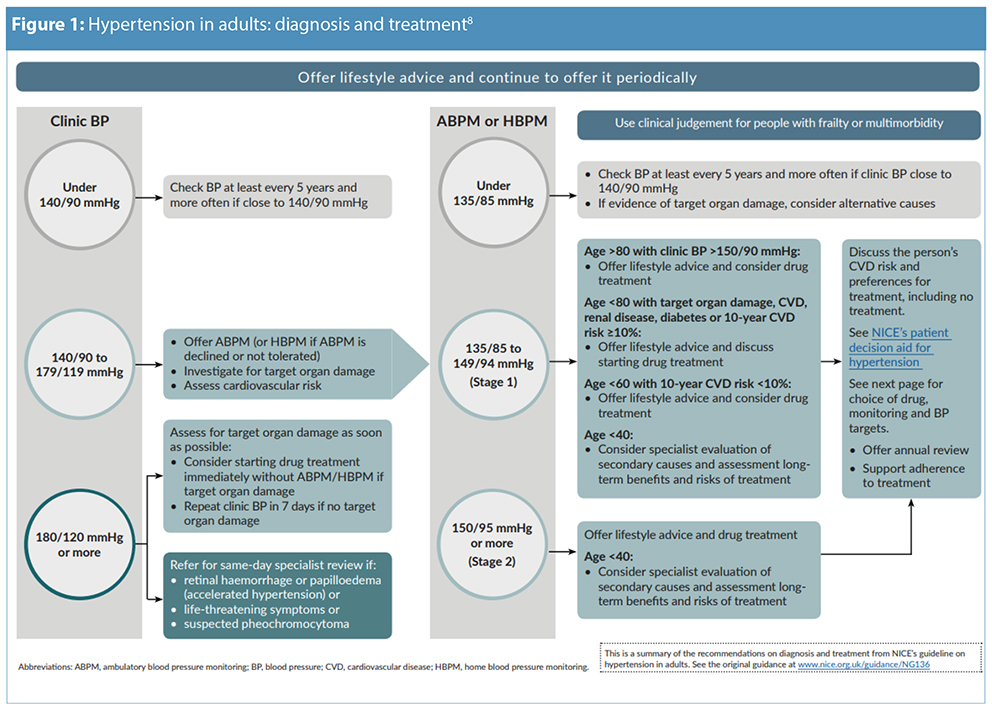



Is 94 Over 60 A Normal Blood Pressure Alto Blood Force




Solved A 77 Year Old Man Is Brought To The Er Because He Has Chegg Com
Oxygen Delivery is dependent on both Oxygen Saturation and Cardiac Output At normal Cardiac Output, a PaO2 50 mmHg might be sustained for months;Normal blood pressure levels Ideal blood pressure is a young adult to have a blood pressure that is at or below 1 over 80 (1/80 mm Hg) and greater than or equal to 90/60 mm Hg,a blood pressure between 1/80 mm Hg and 129/84 mm Hg is considered normal Between 130/85 mm Hg and 139/ mm Hg is considered a highnormal blood pressurePrehypertension 1/80 to 129/80 mmHg ;








Lecturio Medical A 52 Year Old Man Presents To The Hospital Due An Episode Of Hematemesis His Past Medical History Includes Cirrhosis And Known Esophageal Varices The Patient S Blood Pressure Is 100 60 Mmhg
6079 mmHg High Normal 1139 mmHg 80 mmHg Mild high BP mmHg 9099 mmHg Moderate high BP 160 mmHg or higher 100 mmHg or higher Severe hypertension 180 mmHg or higher 110 mmHg or higher The average BP in adults also depends on the gender Generally, women in the premenopausal stage have lower BP than men FemaleIt is given as 2 figures — highest over lowest or systolic over diastolic Blood pressure is measured in 'mmHg', which refers to millimetres of mercury Your blood pressure varies from day to day, even moment to moment Most doctors would say that a healthy blood pressure is higher than 90/60 mmHg but lower than about 140/90 Normal Less than 1 millimeters of mercury (mm Hg) for systolic and 80 mm Hg for diastolic Elevated Between 1129 for systolic, and less than 80 for diastolic People also ask, what is a good Dia mmHg?
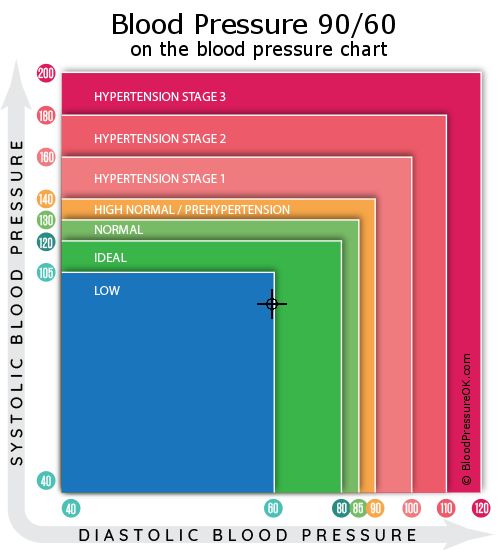



Blood Pressure 90 Over 60 What Do These Values Mean
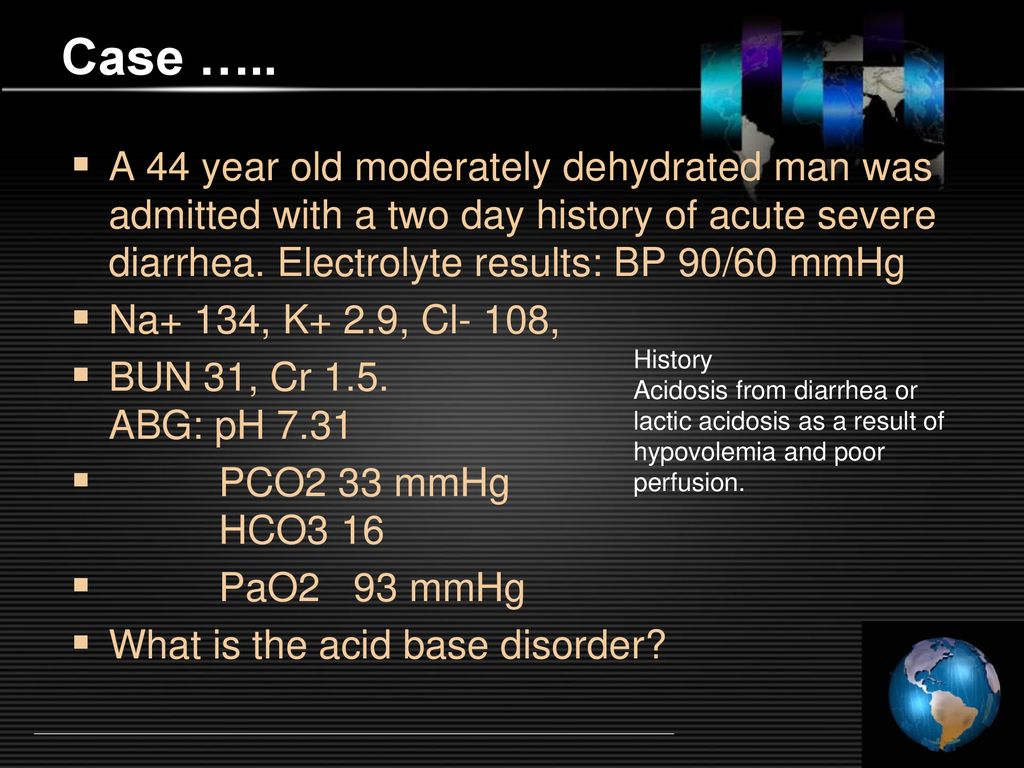



Indications For Mechanical Ventilation Ppt Download
In adults, a blood pressure reading of 90/60 mm Hg or below is often considered hypotension This can be dangerous because blood pressure that is too low doesn't supply your body and heart with




What Are Normal Blood Pressure Levels
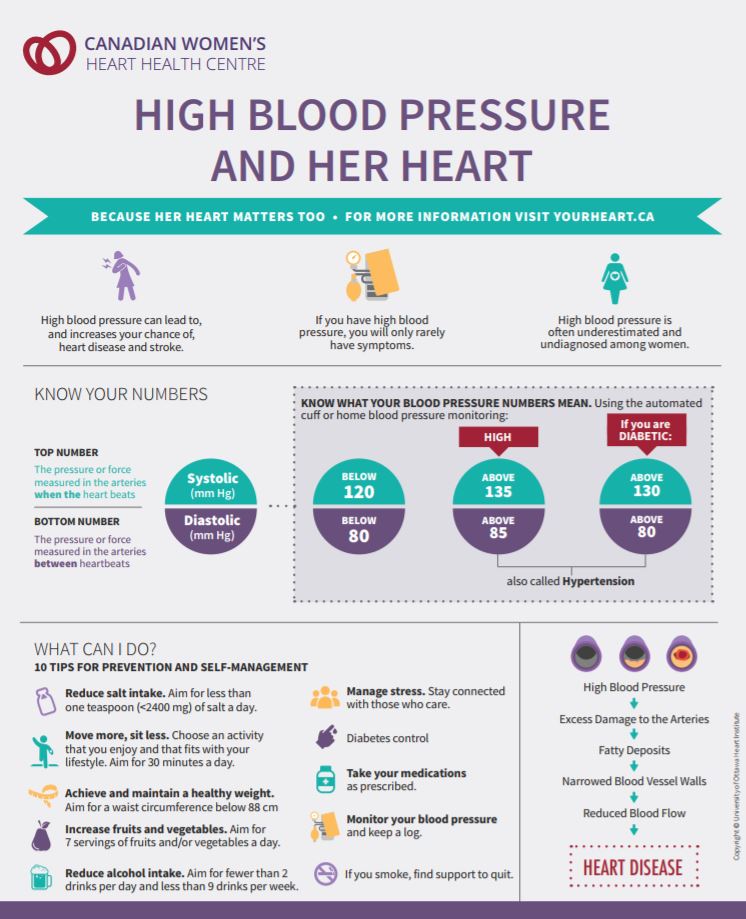



Blood Pressure Women S Heart Health Centre




What Is A Normal Range Of Blood Pressure



Woman Normal Blood Pressure
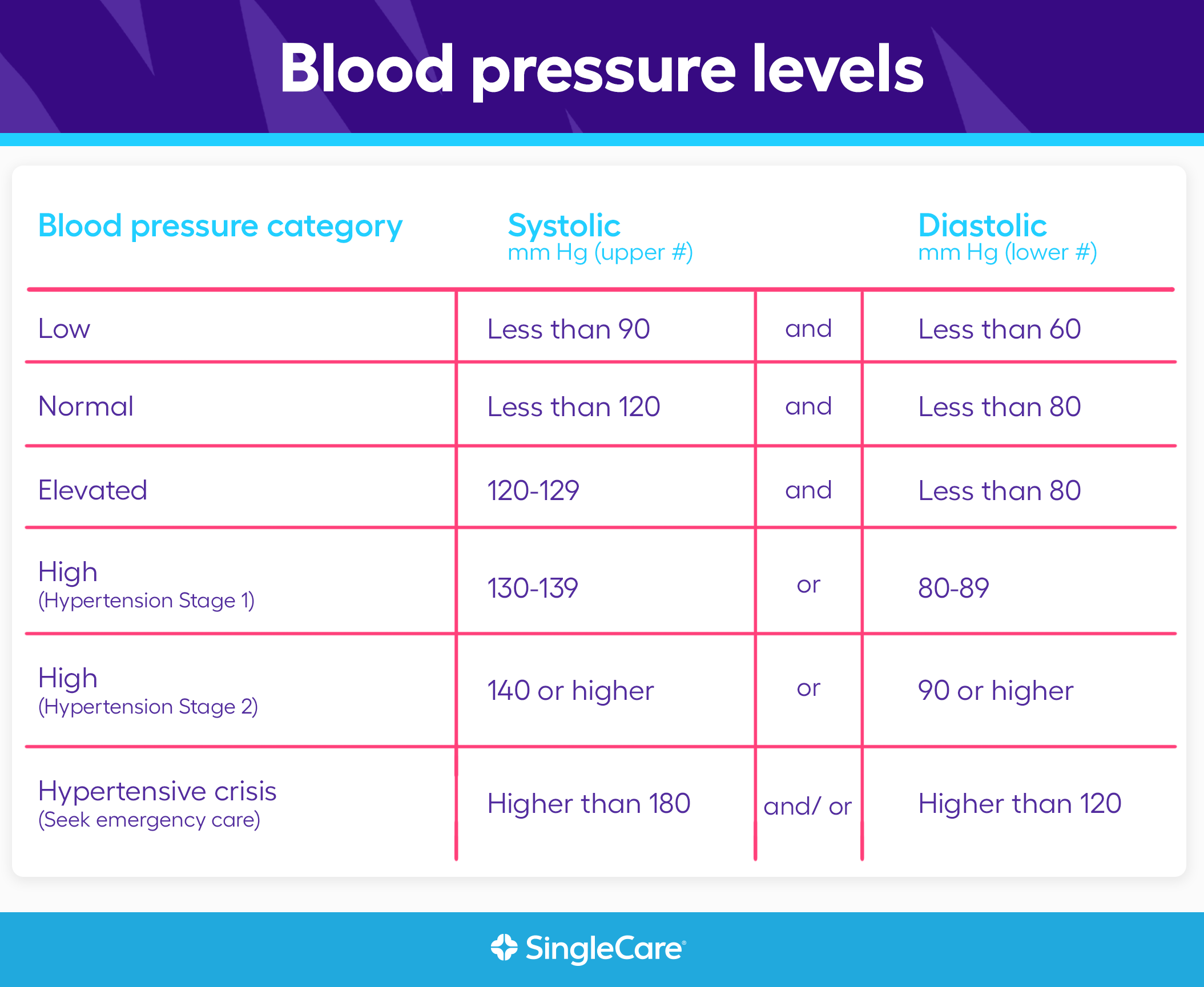



What Are Normal Blood Pressure Levels




Deign Of Low Cost Blood Pressure And Body Temperature Interface Semantic Scholar




Pin On Nursing




What S The Ideal Blood Pressure By Age




Is A Diastolic Blood Pressure Of 64 Mmhg Too Low
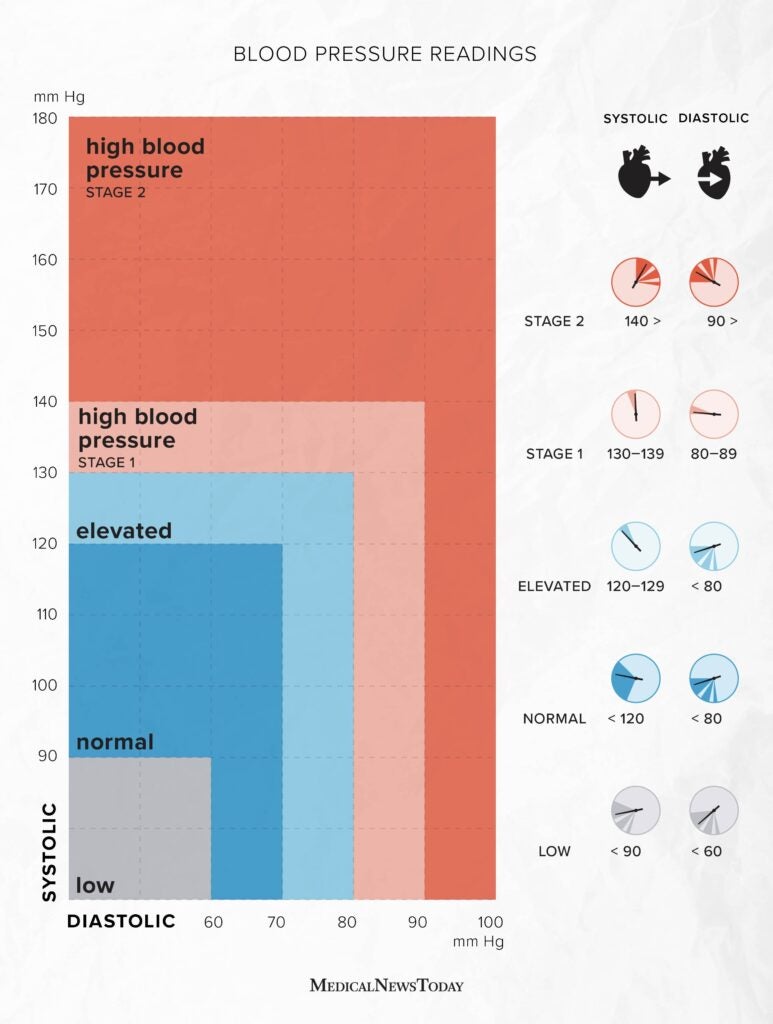



Blood Pressure Chart Ranges Hypertension And More




Oxygen Saturation
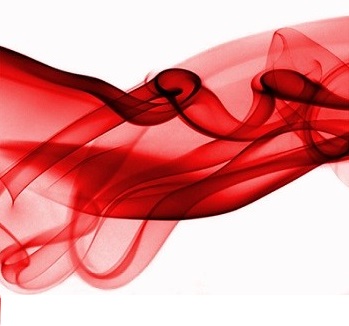



What Is Hypotension And Is It Dangerous
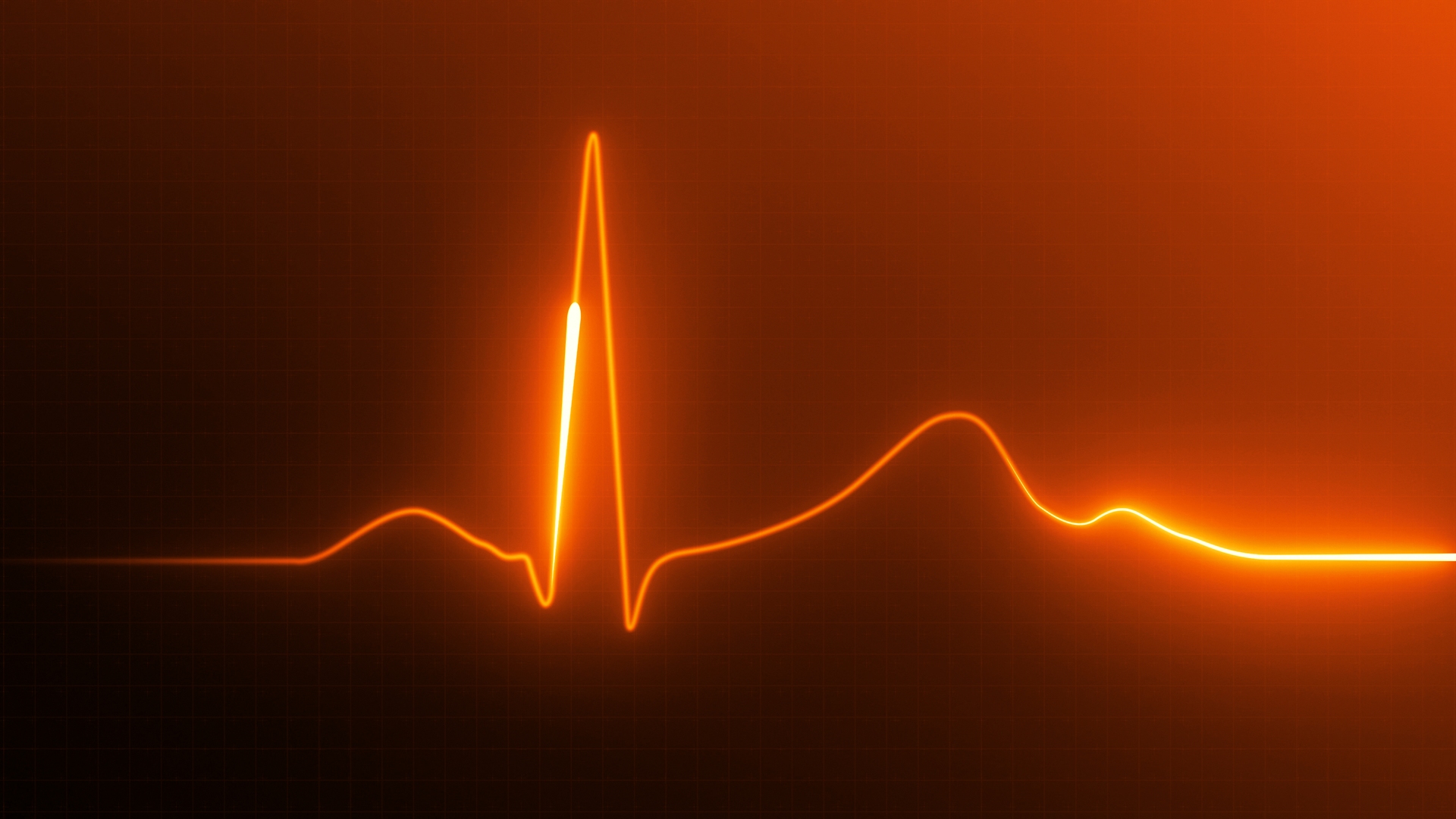



Home Life2moro




Correlation Between St Segment Elevation And Negative T Waves In The Precordial Leads In Acute Pulmonary Embolism Insights Into Serial Electrocardiogram Changes Zhong Qun 14 Annals Of Noninvasive Electrocardiology Wiley Online Library




Braty Diet Mnemonics For Basic Care Nursing Mnemonics Cardiac Nursing Mnemonics




What Is The Optimal Blood Pressure In Patients After Acute Coronary Syndromes Circulation
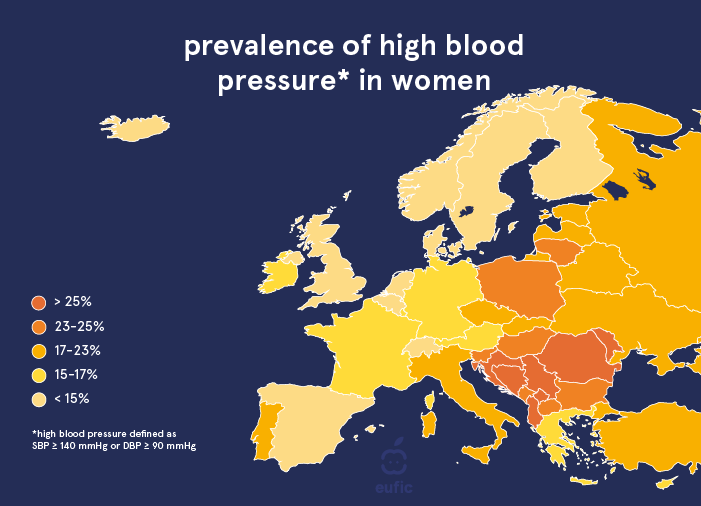



What Is Salt And How Does It Affect Our Blood Pressure Eufic




My Blood Pressure Is 90 Over 60 Is This Too Low Poz
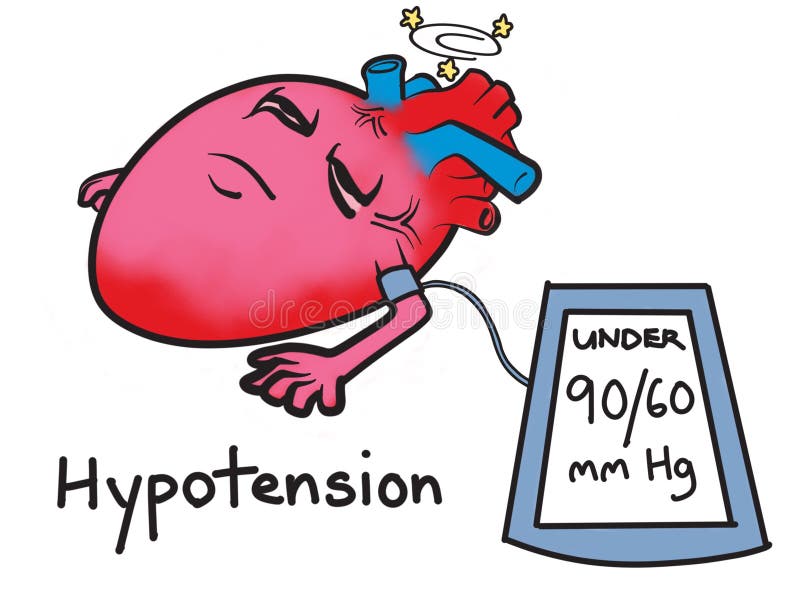



Hypotension Low Blood Pressure Cartoon Illustration Stock Image Illustration Of Medical Dizziness




63 Pdf Blood Pressure Tongue




Solved Solving For Desired Pao2 By Adjusting Fio2 Fio2 X Chegg Com




Europe Stands Pat On Hypertension Thresholds Medpage Today
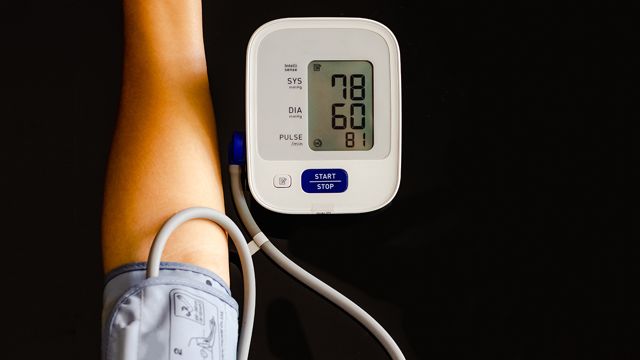



Low Blood Pressure Hypotension Signs And Symptoms




Amazon Com Blood Pressure Monitor Automatic Upper Arm Bp Machine Digital Blood Pressure Machine Large Lcd Display Adjustable Cuff 2 Users 198 Memory For Home Use Health Household
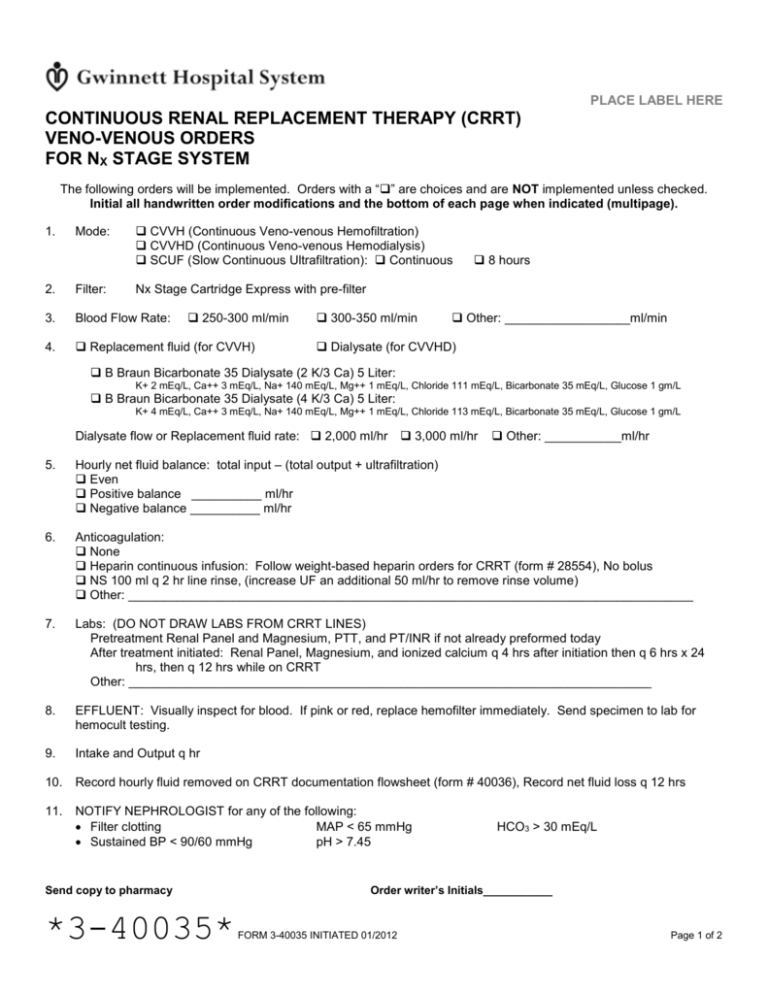



Continuous Renal Replacement Therapy Crrt




This Is How Indoor Temperature Can Affect Your Blood Pressure Health Hindustan Times
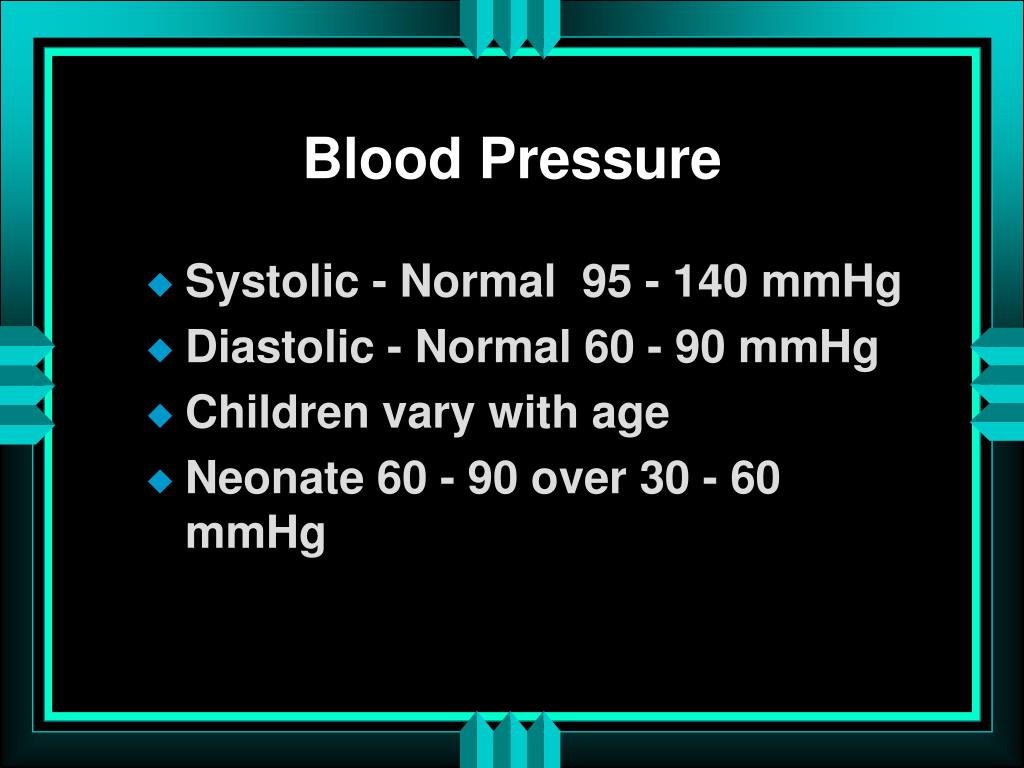



Ppt Cardiovascular Assessment Ii Powerpoint Presentation Free Download Id




Solved Pulse Pressure Than A 16 A Person With A Blood Chegg Com




90 Over 60 Blood Pressure And Ms Insufficient Blood Constraint Hypotension
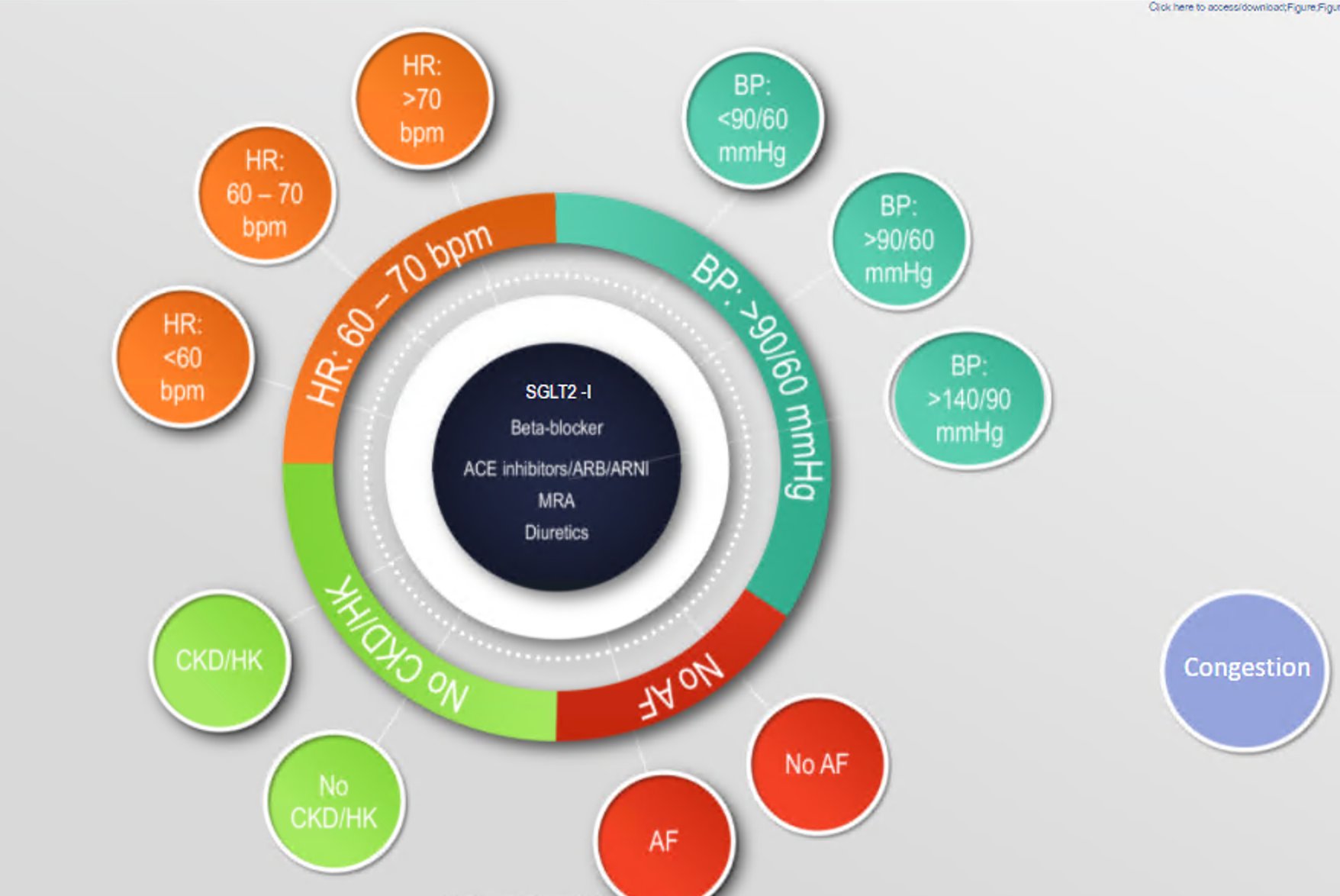



Diego Segura T Co Tgw4bo3xfa Twitter




Diastolic Function Cases American Society Of Diastolic Function Cases 17 Susan Wilansky Md Frcp C Facc Acirc Euro Cent Hr 70 Bpm Bp 90 60 Mmhg 22 47 Diastolic Function Pdf Document




In Our Visual Comparison We Found Promising Initial Results For The Download Scientific Diagram




Blood Pressure 90 50 Health Care Qsota




Sam Ghali M D Ecg Of A 60 Year Old Lady Found Down She Is Minimally Responsive Intubated On Scene By Paramedics Bp Is 90 60 Mmhg She S Run Quickly Through The Scanner And
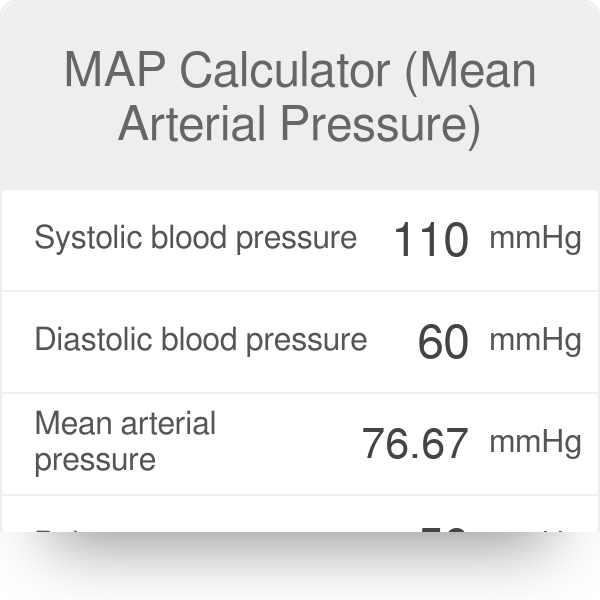



Map Calculator Mean Arterial Pressure Formula




Number Of Readings Below 90 Mmhg For Systolic And Below 50 And 60 Mmhg Download Table
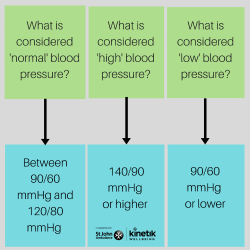



Blood Pressure A Quick Reference Guide Kinetik Wellbeing




Physiology Medic Posts Facebook
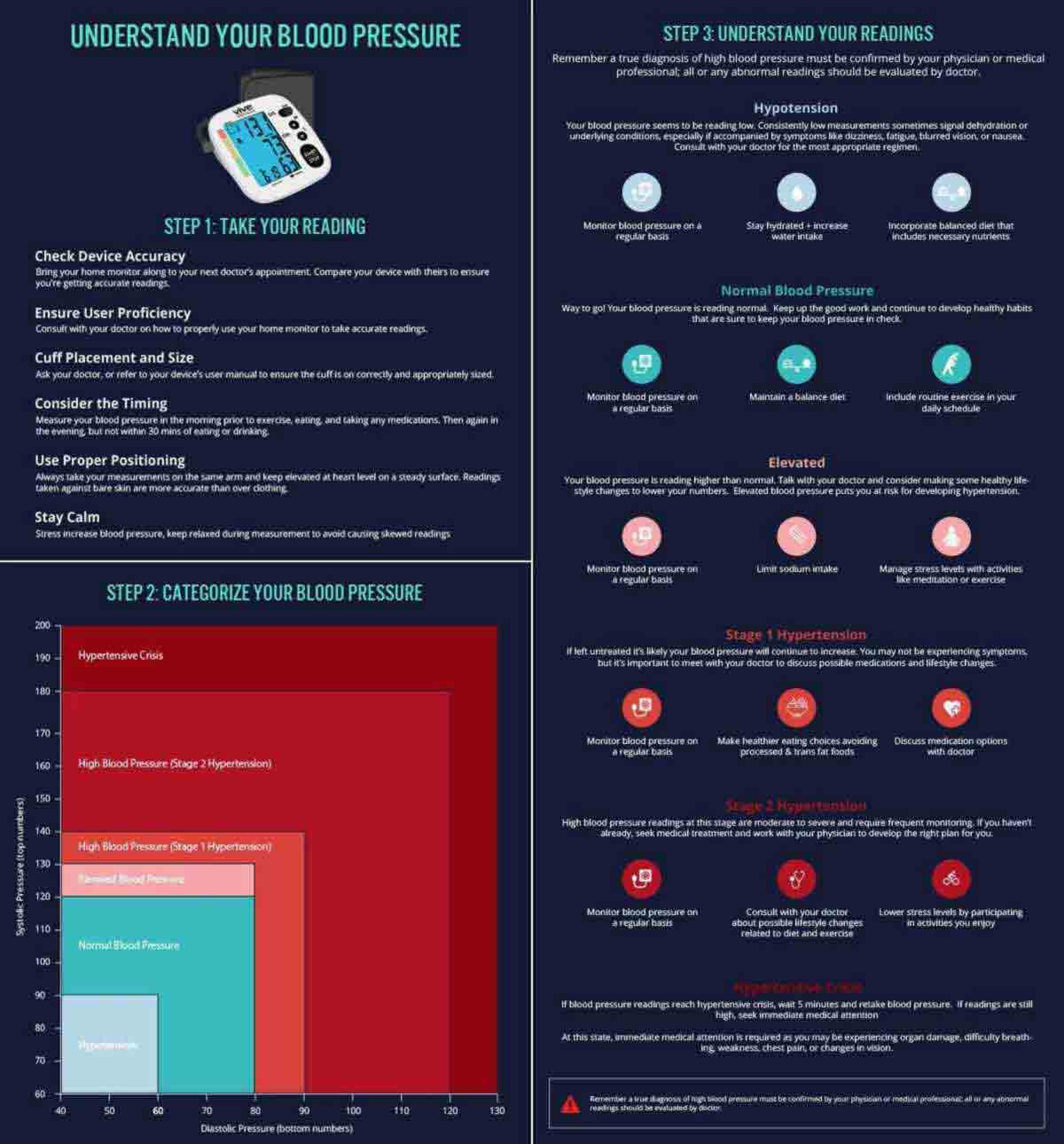



Understanding Blood Pressure Ultimate Bp By Age Chart Vive Health
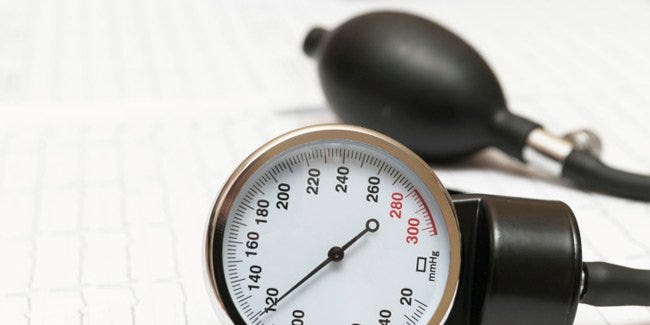



How To Interpret Blood Pressure Readings Men S Health




Inferior Stemi With Critical Left Main Disease By
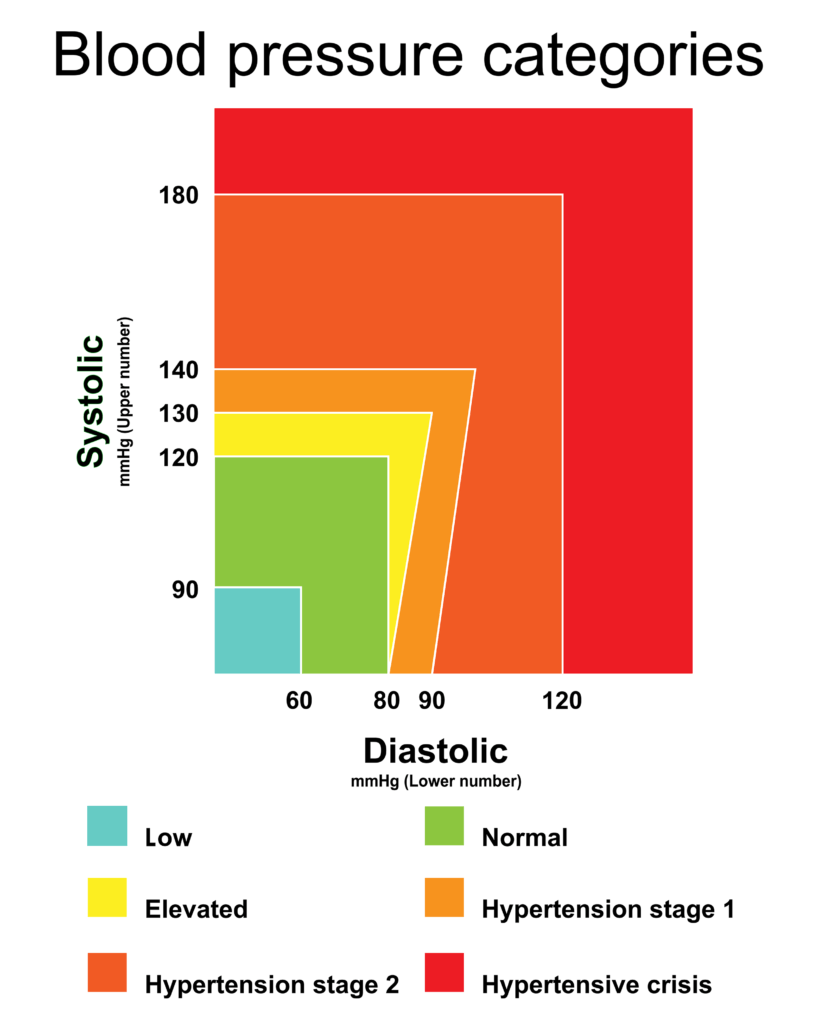



Normal Blood Pressure In Women Hypertension For Women Lark Health




Low Blood Pressure Reading Low Too Low Dangerously Low Bp




Solved An 18 Year Old Female Patient Presents To The Chegg Com




Is 108 60 Good Blood Pressure Quora




Solved A Person Goes To The Doctor And Is Told His Blood Chegg Com




Metabolic Syndrome And The Valid Blood Pressure Cutoff Value Dmso




Lasante Health Care Blood Pressure Reading Of 90 60 Mm Hg Or Lower Is Considered Low Bp Get Rid Of Low Bloodpressure Or Hypotension T Co Todte2jlvh



China 3 5 Dichlorosalicylaldehyde Cas No 90 60 8 Manufacturers Free Sample Alfa Chemical
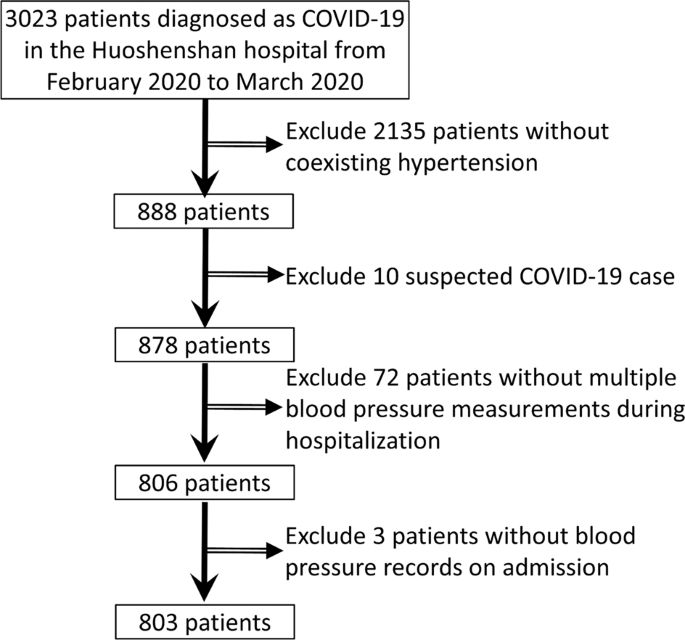



Blood Pressure Control And Adverse Outcomes Of Covid 19 Infection In Patients With Concomitant Hypertension In Wuhan China Hypertension Research



6anarxaetibwom




Low Blood Pressure Symptoms Causes And Treatment Natureword




Blood Pressure What Is Your Target Mydr Com Au




What Are Normal Blood Pressure Ranges By Age For Men And Women Chart Readings For Low Normal And High Bp




One Thing Leads To Another Emergency Medicine




Acute Respiratory Failure Definitions Acute Respiratory Failure Occurs




What Should Be The Target Blood Pressure In Elderly Patients With Diabetes Diabetes Care




Blood Pressure Chart



1
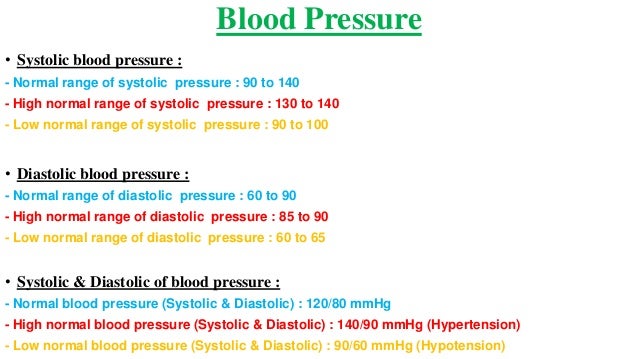



Physiology Measurement Of Arterial Blood Pressure
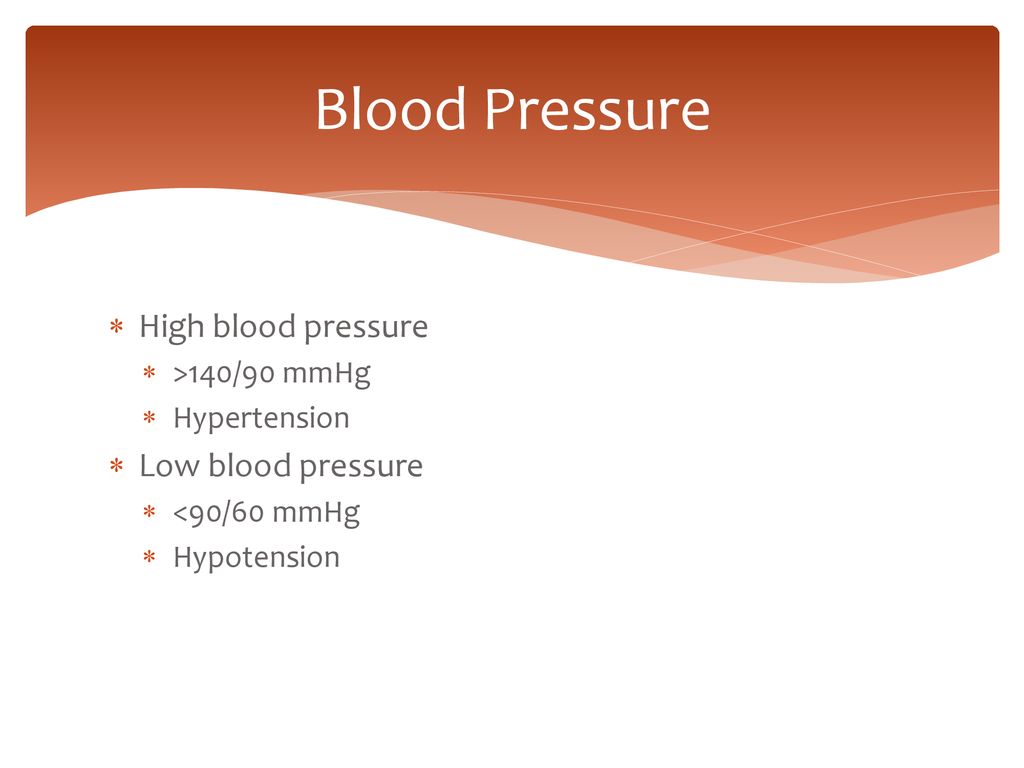



The Circulatory System Ppt Download
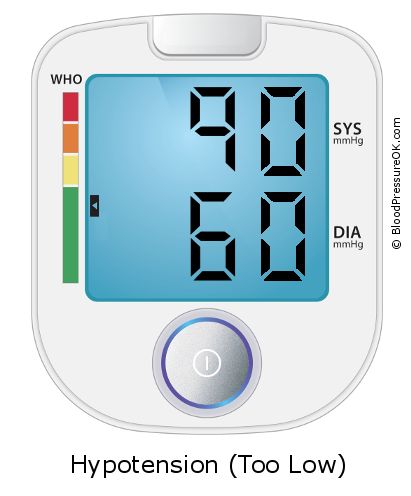



Blood Pressure 90 Over 60 What Do These Values Mean
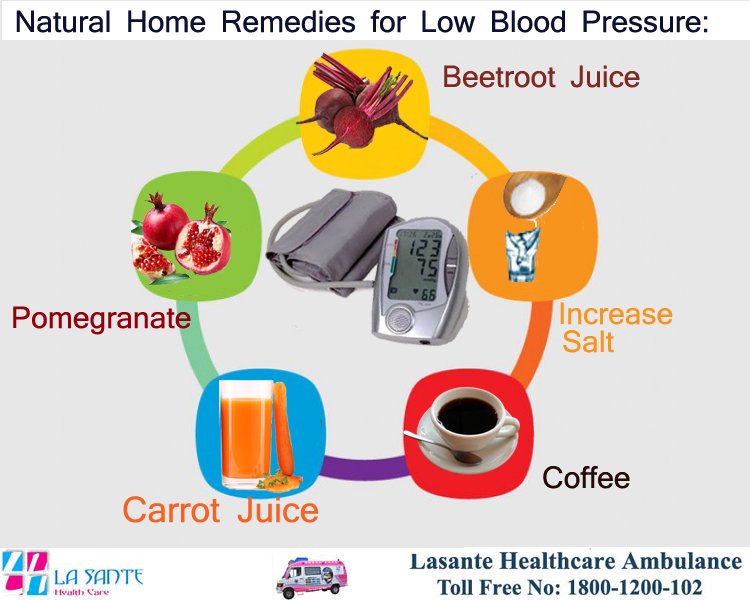



Lasante Health Care Blood Pressure Reading Of 90 60 Mm Hg Or Lower Is Considered Low Bp Get Rid Of Low Bloodpressure Or Hypotension T Co Todte2jlvh




What S The Difference Between Oxygen Saturation And Pao2




What Are Normal Blood Pressure Ranges By Age For Men And Women Chart Readings For Low Normal And High Bp




Number Of Readings Below 90 Mmhg For Systolic And Below 50 And 60 Mmhg Download Table




Hypotension Wikipedia



Patient In Accident Emergency P S F 1940




Oxygen Dissociation Curve




Low Blood Pressure Hypotension Signs And Symptoms
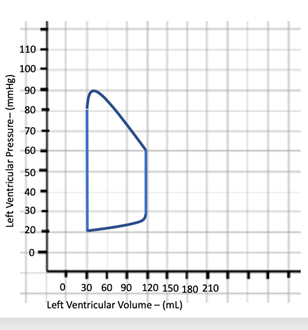



Solved What Is The Blood Pressure Of This Patient Select Chegg Com




Blood Pressure Wikipedia
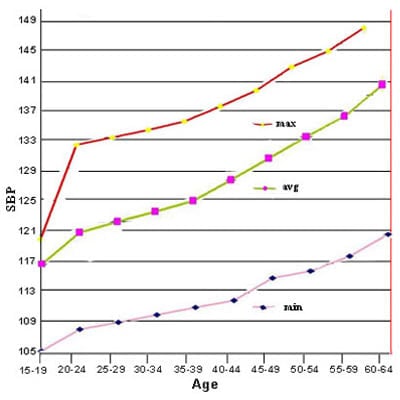



Blood Pressure Chart




Blood Pressure Readings Explained Chart And More
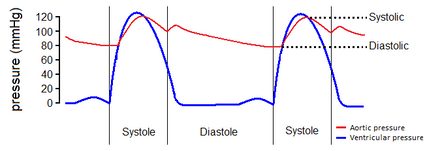



Map Calculator Mean Arterial Pressure Formula




Pdf Ocular Perfusion Pressure Control During Pars Plana Vitrectomy Testing A Novel Device



0 件のコメント:
コメントを投稿